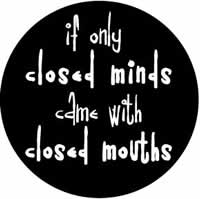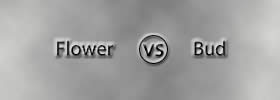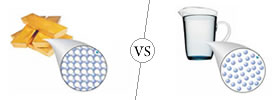Difference between Only and Just
Key Difference: The word ‘only’ refers to ‘a single, lone object’, while ‘just’ means ‘a moment ago’. The word ‘only’ can be used in various ways and depending on the context the meaning of the word changes. In the first definition it refers to as a singular object or a person, for example it is the only book that is available, stating that no other book can be found. Just is commonly used as an adverb in terms of something that happened not a moment before or something that narrowly missed a mark. In terms of adjective, just is also used to describe something is fair, reasonable and right.
‘Only’ and ‘Just’ are both adjectives as well as adverbs that are used in the English language. These two words have different means, though they seem familiar in use. The word ‘only’ refers to ‘a single, lone object’, while ‘just’ means ‘a moment ago’.
Dictionary.com defines ‘only’ as:

- Without others or anything further; alone; solely; exclusively (adjective)
- As recently as (adjective)
- In the final outcome or decision (adjective)
- Having no sibling or no sibling of the same sex (adverb)
- Single in superiority or distinction; unique; the best (adverb)
The word ‘only’ can be used in various ways and depending on the context the meaning of the word changes. In the first definition it refers to as a singular object or a person, for example it is the only book that is available, stating that no other book can be found. Only can also be used to state that something happened recently, for example the play might have started only a few minutes ago. It can also be used to show superiority of one object or person over the other, for example this pen is the only one that was approved by the company’s regulations.
Other examples of ‘only’:
- This is the only pencil I can find.
- Sam is the only child of Mary and Mathew.
- He is the only one that was recruited to the summer internship program.
- I read that article only yesterday.
- You only will regret procrastinating.
- The only way to really appreciate the beauty of the forest is to walk through it
Dictionary.com defines ‘just’ as:
- Guided by truth, reason, justice, and fairness (adjective)
- Done or made according to principle; equitable; proper (adjective)
- Based on right; rightful; lawful (adjective)
- In keeping with truth or fact; true; correct (adjective)
- Within a brief preceding time; but a moment before (adverb)
 Exactly or precisely (adverb)
Exactly or precisely (adverb)- By a narrow margin; barely (adverb)
- Actually; really; positively (adverb)
Just is commonly used as an adverb in terms of something that happened not a moment before or something that narrowly missed a mark. In terms of adjective, just is also used to describe something is fair, reasonable and right. For example, Mary will get her just deserts for being so mean or the prisoner got a just trial. Just can also mean to do something, without giving other things a though, for example used in Nike’s slogan “Just do it”.
Other examples of ‘just’ include:
- We hope to be just in our understanding of such difficult situations.
- He gave a just reply to the question.
- That is a just claim.
- The sun just came out.
- This is just what I needed.
- You just missed Simon.
- He was just a clerk until he was promoted to manager.
- This summer day is just so beautiful.
Image Courtesy: northernsun.com, volokh.com









Add new comment